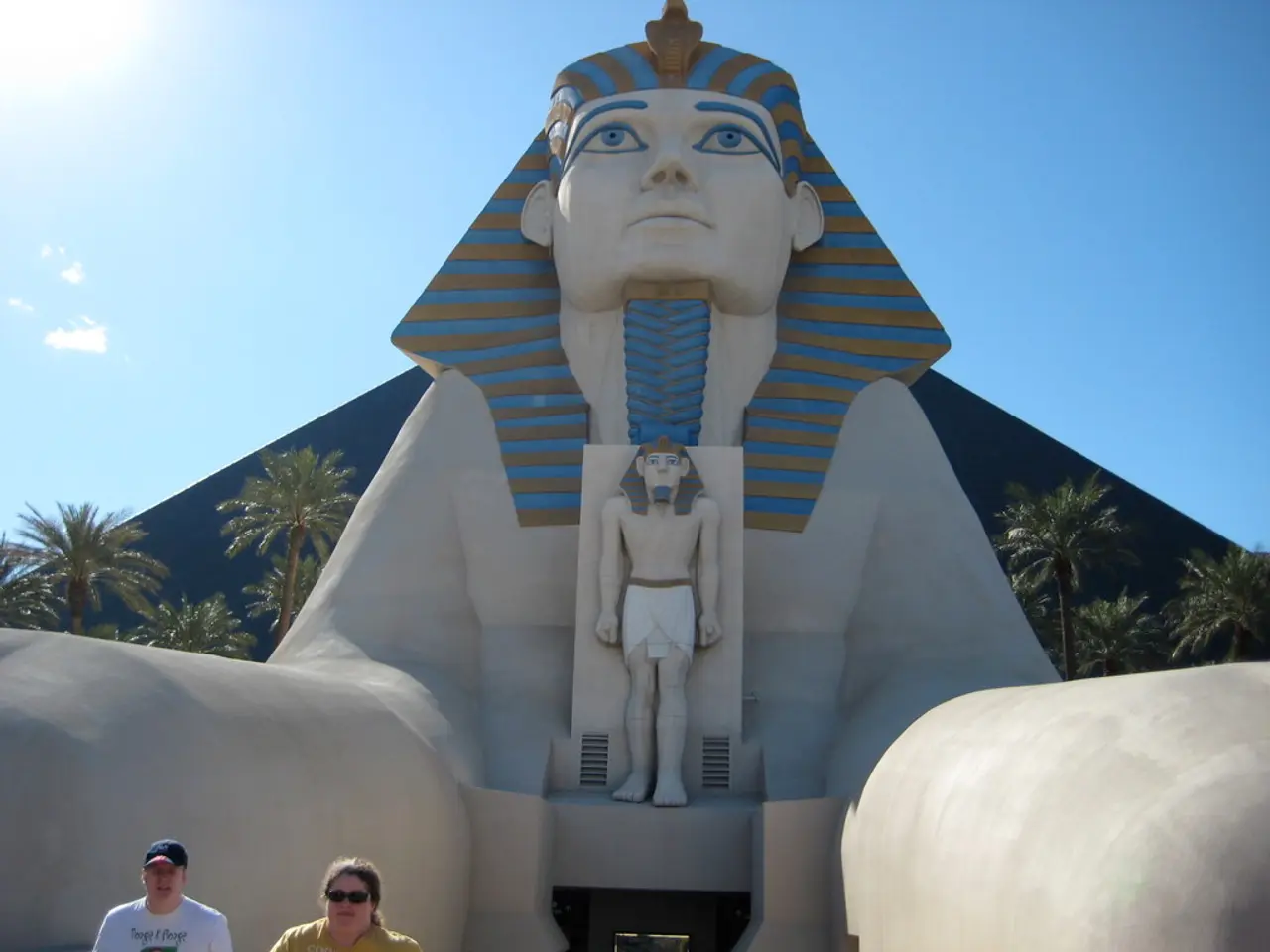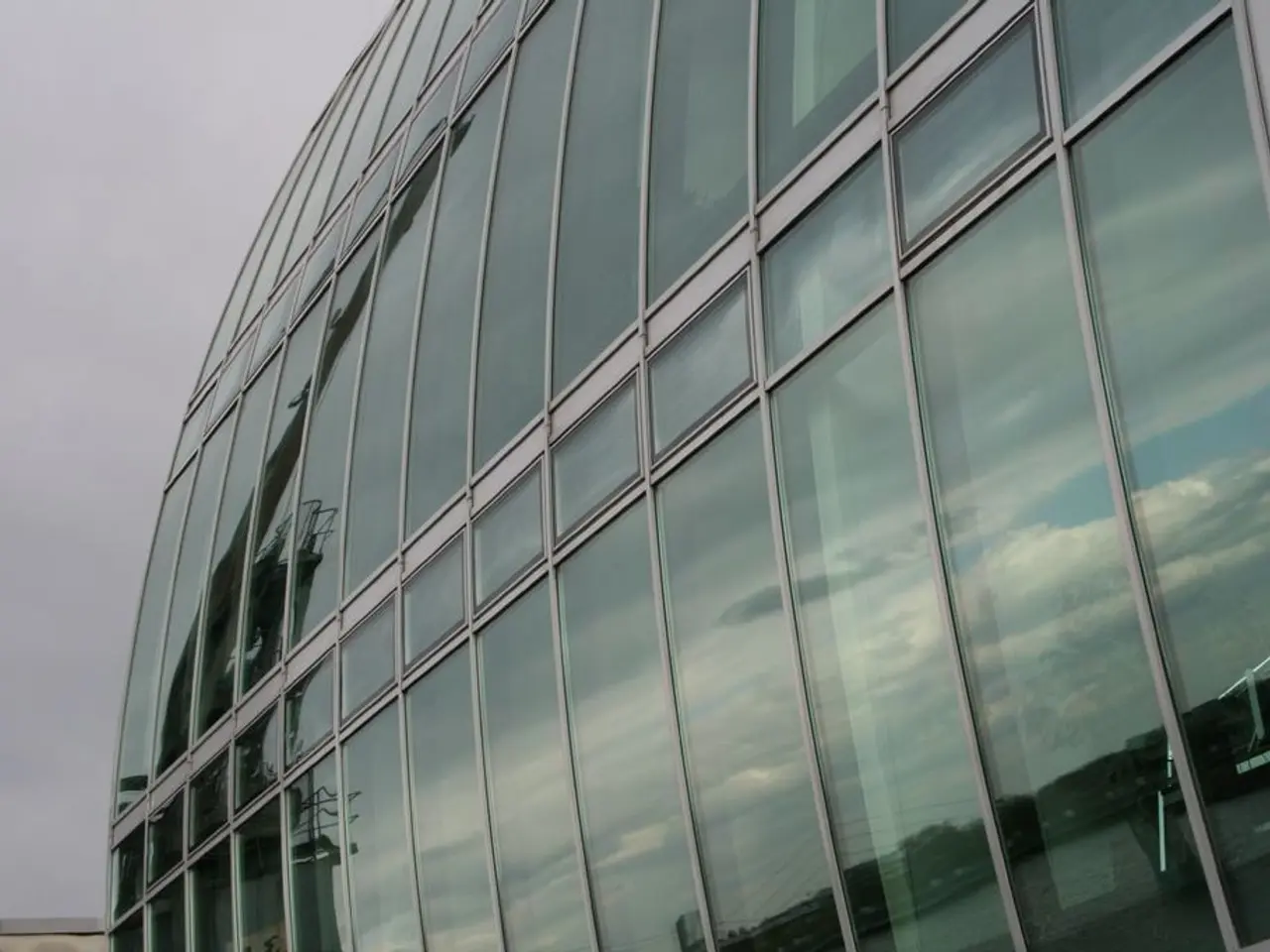Egypt's economy remains in a state of decline, with the future offering little clarity.
Egypt is grappling with significant economic and political hurdles as it seeks to reduce the military's extensive economic footprint, a demand set by the International Monetary Fund (IMF). The military's extensive ownership of 97 companies, with 73 in the industrial sector, has raised concerns due to its market dominance in key non-military industries like cement, steel, and marble. This significant control deters private investment, as military companies enjoy privileges that create an uneven playing field.
Military Entrenchment and Resistance to Privatization
Since the 2011 uprising and under President Sisi, the military has expanded its role in civilian sectors. It operates with limited transparency and public oversight, complicating efforts to scale back its economic involvement. Despite pledges to privatize state- and military-owned enterprises, progress has stalled, delaying IMF loan disbursements. Military firms remain largely state-backed, with government loans sustaining struggling entities like the Egyptian General Petroleum Corporation, which carries large deficits.
Impact on the Economy
The military's dominance distorts the market, undermines competition, and discourages private sector growth, which could hamper overall economic reform goals and reduce government revenue needed to cut public debt. The existence of a "dual economy," with an opaque, protected military sector alongside a transparent private sector, distorts economic signals and risks inefficient allocation of resources.
Implications and Consequences
The lack of reform and slow privatization risks stalling IMF program progress and remaining funding, vital for stabilizing Egypt's economy amid inflation and external shocks. The regime's reliance on military economic ventures links economic control to political stability and elite buy-in, making reform politically sensitive and complex. The existence of a "dual economy" also poses a risk to long-term fiscal sustainability.
Current Economic Situation and Government Actions
The pandemic has influenced Egypt's tourism sector and slowed down the economy, leading to economic strain. To mitigate this, the government has implemented safety net actions to support underprivileged individuals, such as increasing the minimum wage, distributing food boxes in rural areas, and reducing costs with a clear, comprehensive decree reducing government expense and delaying specific projects.
The military's investments in various sectors of the economy, such as pharmaceuticals, construction, and food, make it difficult for the military to step back. Services have been affected by the foreign exchange scarcity, with many products piling up in ports due to the government's inability to provide the necessary foreign currency to launch the items.
IMF's Role and Conditions
The IMF's conditions for the $3 billion rescue loan, approved in mid-December 2022, include the Egyptian military stepping back from the economy, embracing a long-term flexible exchange rate, and addressing the issue of an opaque, protected military sector to foster private investment, transparency, and long-term fiscal sustainability. The government's reforms, including controlling the parallel market, attracting foreign direct investments, and securing Gulf support, are expected to contribute to achieving domestic currency stability.
Dr. Noha Bakr, a professor of political science in Egypt, states that the Egyptian economy has reached its current condition due to external and uncontrollable reasons such as the pandemic and the Russo-Ukrainian war. However, the battle in Ukraine has caused wheat rates to skyrocket, impacting Egypt, one of the world's biggest grain importers. Egyptians are struggling to keep up with the cost of living, with some changing rates daily and others considering dollars and/or gold to preserve the value of their assets and savings.
Quilliam identifies the Egyptian government's investment decisions over the past few years as reasons for the economic damage in the nation. The Central Bank of Egypt has adopted a flexible currency exchange rate regime to address the devaluation of the Egyptian pound, which has recently reached a new low of 32 Egyptian pounds versus the dollar.
In conclusion, Egypt faces significant economic and political hurdles to reduce the military’s economic role in line with IMF demands, a crucial step for fostering private investment, transparency, and long-term fiscal sustainability.
- The military's extensive ownership of businesses, particularly in key non-military industries like cement, steel, and marble, serves to deter private investment and create an uneven playing field, as military companies enjoy privileges not available to others.
- The military's dominance in various sectors of the economy, such as pharmaceuticals, construction, and food, makes it challenging for the military to step back from its economic entrenchment and achieve the IMF's conditions for a $3 billion rescue loan.
- The existence of a "dual economy" in Egypt, with an opaque, protected military sector accompanying a transparent private sector, distorts economic signals and risks inefficient allocation of resources, which could harm long-term fiscal sustainability.
- The slow pace of reforms and privatization efforts in Egypt poses a risk to the progress and continued funding of IMF programs, necessary for stabilizing the Egyptian economy amid inflation, external shocks, and the impact of the pandemic on the tourism sector.




